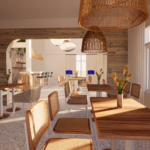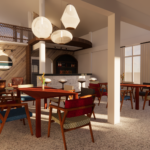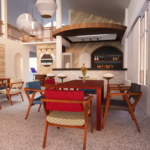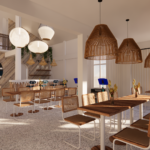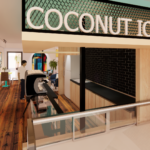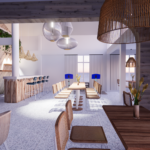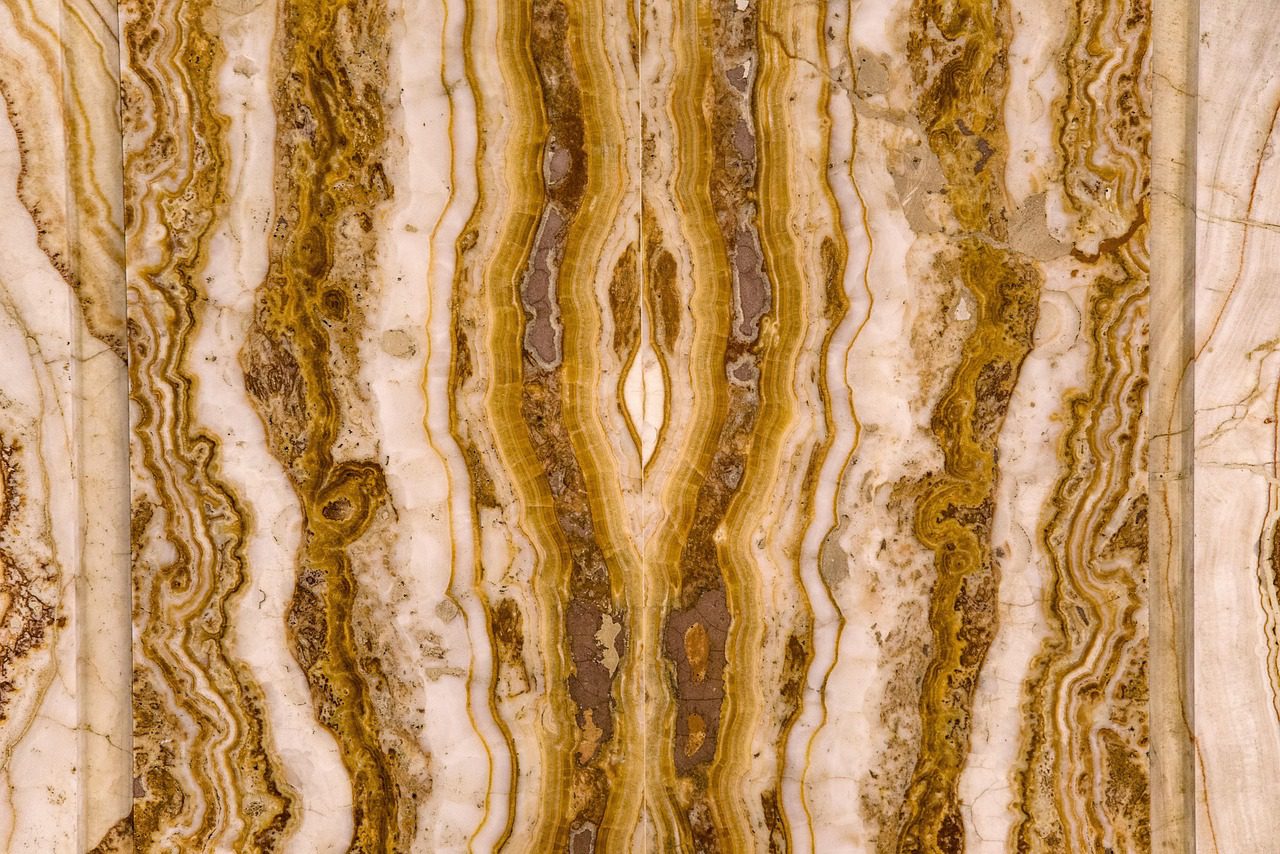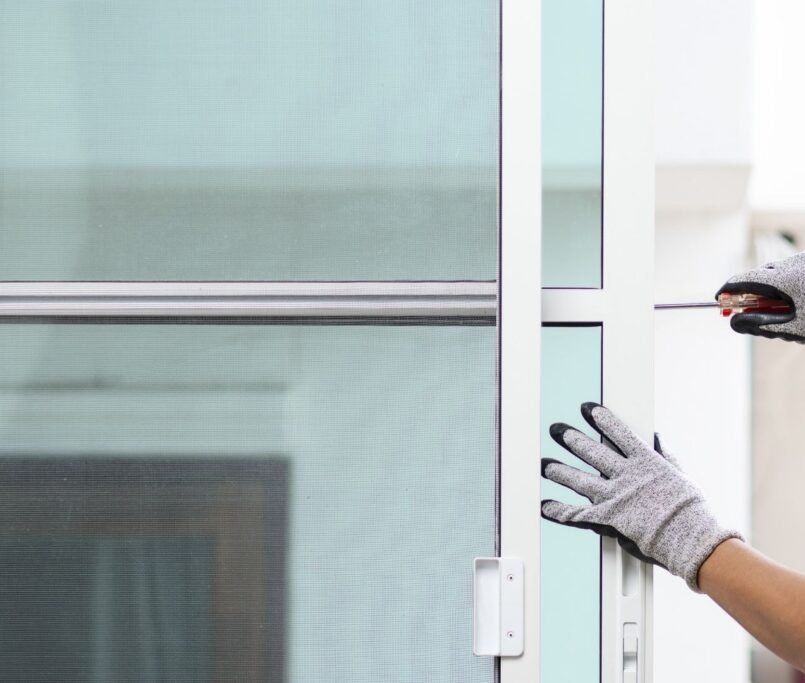Building Smart in the Tropics
Phuket’s idyllic coastline may be paradise, but its humid air, salt-laden breezes, and tropical downpours can be merciless on poorly chosen building materials. Whether you’re constructing a new villa in Patong or upgrading a home in Kamala, the right materials can mean decades of durability with minimal maintenance.
This guide walks you through the best options for construction materials in Phuket, helping you build or renovate a home that balances longevity, sustainability, and timeless style.
Why Material Quality Matters in Phuket
Phuket’s tropical climate demands more than good design — it requires smart material choices. Here’s why quality materials matter:
Humidity and Salt Resistance: Materials like UPVC and natural stone don’t rust, swell, or degrade in salty air.
Reduced Maintenance: Durable options mean fewer repairs and less upkeep.
Higher Resale Value: Premium materials appeal to discerning buyers, especially in popular areas like Nai Harn or Bang Tao.
Eco Credentials: Sustainable materials support green building certifications and align with modern eco-conscious preferences.
Natural Stone: Durable and Distinctive
Natural stone remains a top-tier choice for Phuket villas — not just for looks, but also performance.
Granite: Ideal for kitchen countertops; heat- and scratch-resistant.
Limestone: Great for floors and cladding; stays cool underfoot and ages gracefully.
Marble: Perfect for bathrooms, though it needs proper sealing to prevent staining.
Locally sourced stone cuts transport emissions and blends well with the island’s natural palette.
Ceramic and Porcelain Tiles: Practical and Stylish
Ceramic and porcelain tiles offer versatility for both interiors and exteriors.
Porcelain: Excellent for living areas; mimics natural finishes while resisting moisture and wear.
Ceramic: Budget-friendly and easy to clean; ideal for bathrooms and kitchens.
Anti-slip Tiles: Essential for patios, pool decks, and wet areas.
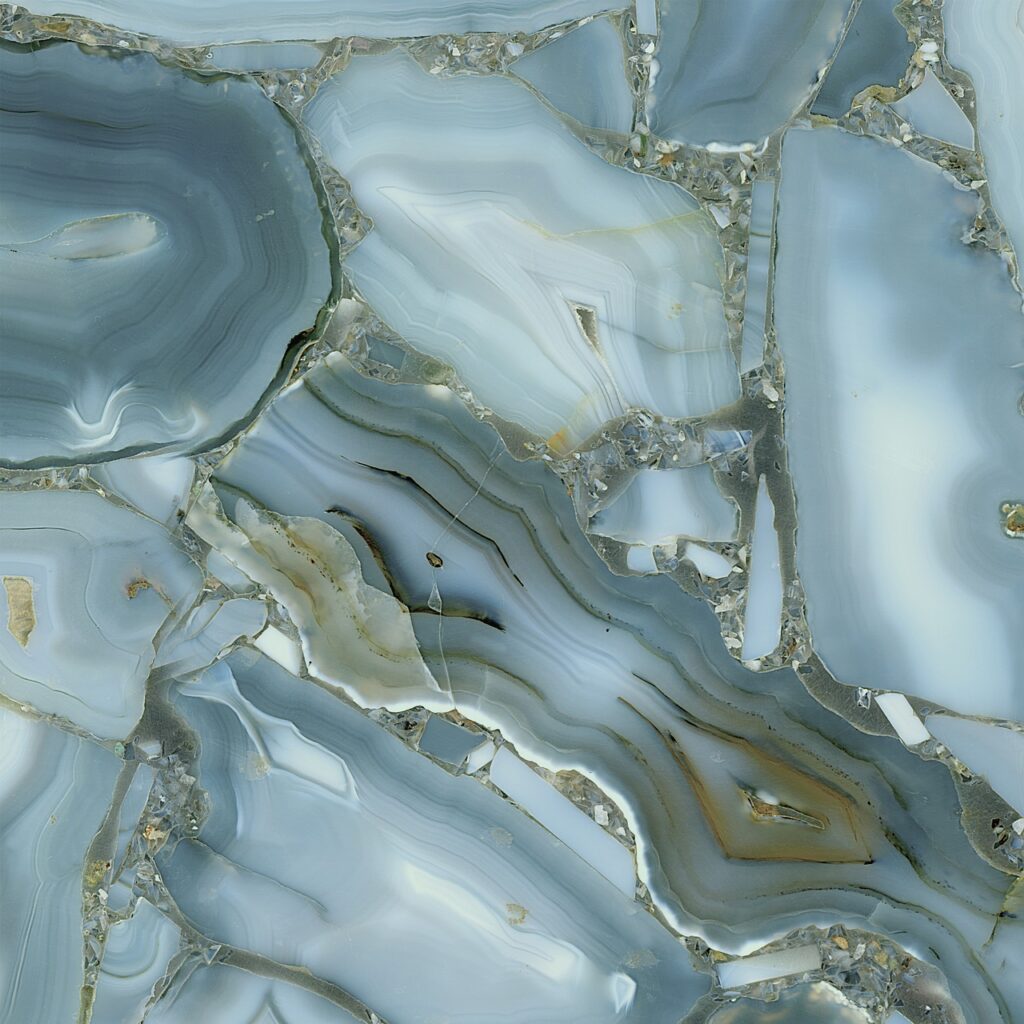
Concrete: The Structural Backbone
In Phuket, concrete is more than a structural necessity — it’s a design element.
Reinforced Concrete: Prevents cracking in coastal areas like Cape Yamu.
Polished Floors: Sleek, cool underfoot, and low maintenance.
Thermal Mass: Helps regulate interior temperatures and reduce cooling costs.
Use high-grade mixes that meet Thai codes and ensure proper curing to avoid long-term issues.
UPVC Windows: Salt-Proof and Smart
UPVC is a solid choice for coastal windows and doors.
Corrosion-Resistant: Won’t warp, rot, or fade like timber.
Double Glazing: Cuts heat gain by up to 30%, slashing energy bills.
Built-in Screens: Keep insects out while allowing airflow.
UPVC is especially useful in exposed areas like Kamala or beachfront homes in Bang Tao.
Sustainable Materials: Building Green in Phuket
Eco-friendly options are becoming increasingly popular in the island’s villa market.
Bamboo: Fast-growing, renewable, and naturally resistant to humidity (when treated).
Recycled Aggregates: Reduce environmental impact and construction waste.
Low-VOC Paints: Improve indoor air quality.
Locally sourced, sustainable materials not only reduce transport emissions but also enhance a villa’s resale appeal.
Finishes That Make the Difference
The right finishes combine durability with visual impact:
Hardware: Stainless steel or matte black handles elevate kitchens and resist corrosion.
Exterior Paints: Use UV-resistant formulations to prevent fading and peeling.
Mosaics and Feature Tiles: Add texture and luxury to bathrooms and kitchens.
Choose materials that tie into your overall design concept — from tropical minimalism to high-end resort styling.
Key Factors When Choosing Materials
Here’s a quick checklist:
Durability: Essential in coastal and humid zones.
Maintenance Needs: Go for low-maintenance surfaces in high-traffic or exposed areas.
Budget vs Longevity: Sometimes higher upfront costs mean fewer headaches down the road.
Aesthetics: Choose finishes that complement your architecture and surroundings.
Eco Impact: Favour materials that are sustainably sourced and locally available.
Pro tip: Work with a local architect familiar with Phuket’s zoning, climate, and construction codes.
Where to Source Materials in Phuket
Avoid costly delays and sub-par imports by buying from trusted suppliers:
Natural Stone and Tiles: Available from showrooms in Thalang and Chalong.
UPVC Windows & Concrete: Retailers like Thai Watsadu often stock certified products.
Sustainable Materials: Ask suppliers for FSC-certified wood or recycled concrete options.
Always ask for samples and check reviews before committing to large orders.
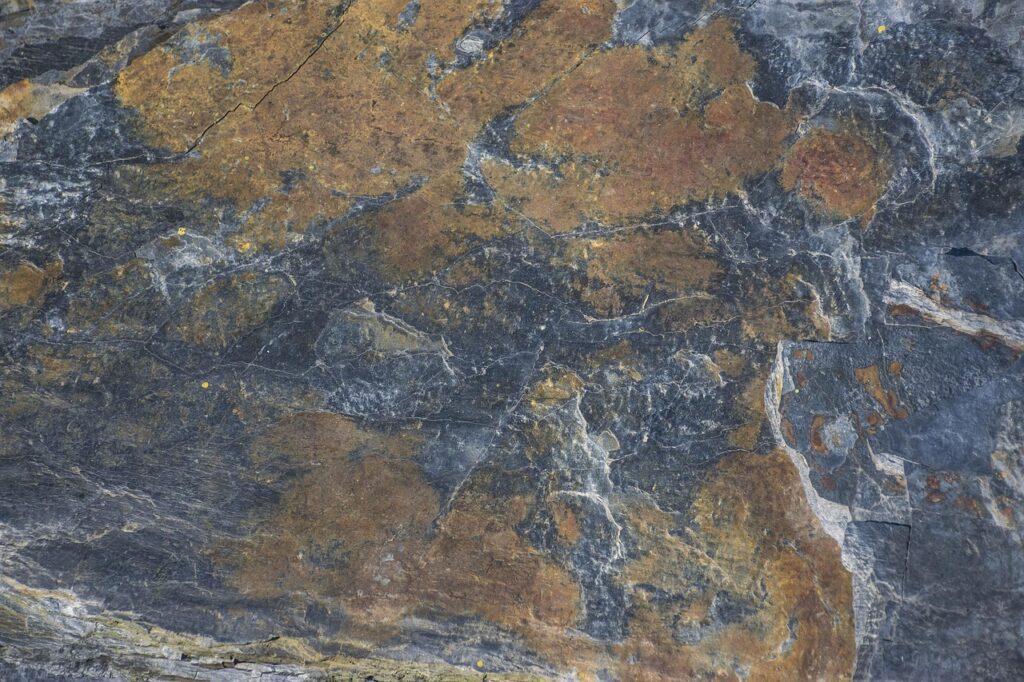
Conclusion: Build It Right, Build It to Last
Investing in high-quality construction materials will protect your Phuket villa from the elements and increase its market value. With the right choices — from stone and tiles to windows and finishes — you’ll have a home that feels cool, looks stunning, and stands the test of time.
Need help choosing materials for your project? Contact Architect Phuket for expert local guidance.
🎬 Coming soon: A YouTube short with visual highlights of recommended construction materials in Phuket. Bookmark this post or follow us to stay updated.

